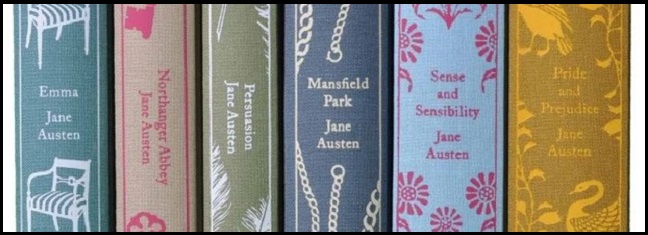
Today marks the anniversary of Jane Austen’s death in 1817 and it’s got us thinking about what an incredible legacy she left behind.
Over a hundred after her death at the age of only 42, Austen is still one of the world ‘s most observe authors of all time ; her work continues to be revived with film adaptations, respective prequels, sequels and retellings in new and bizarre genres and next year she will grace the new Sterling £10 notes .
It ‘s an incredible bequest considering her novels were in the first place published anonymously to little achiever in her own life. nowadays, her six major novels are rarely out of photographic print.
All of Austen’s narratives revolve around the domestic lives of the land gentry toward the end of the eighteenth century, giving a female perspective of a male dominated universe through a lens that is romanticist so far realist. Austen’s novels provide a compendious sociable history not without gossip, review and humor. Her female characters in particular broke traditional moulds and continue to be some of the most celebrated in literary history. Despite the rigorous sociable constraints imposed on them they are potent, funny, clever, boldface, brave and ultimately flawed in their own direction, however they are all, by and large, rewarded with the greatest gloat women of the time could enjoy, a happy marriage .
But that ‘s not to say that each of Austen’s six major novels do not have their own individual charms and merits. In fact, we ‘ve taken each of the six books in turn and have ranked them in order of utter magnificence. But do you agree ?
6. Mansfield Park (1814)
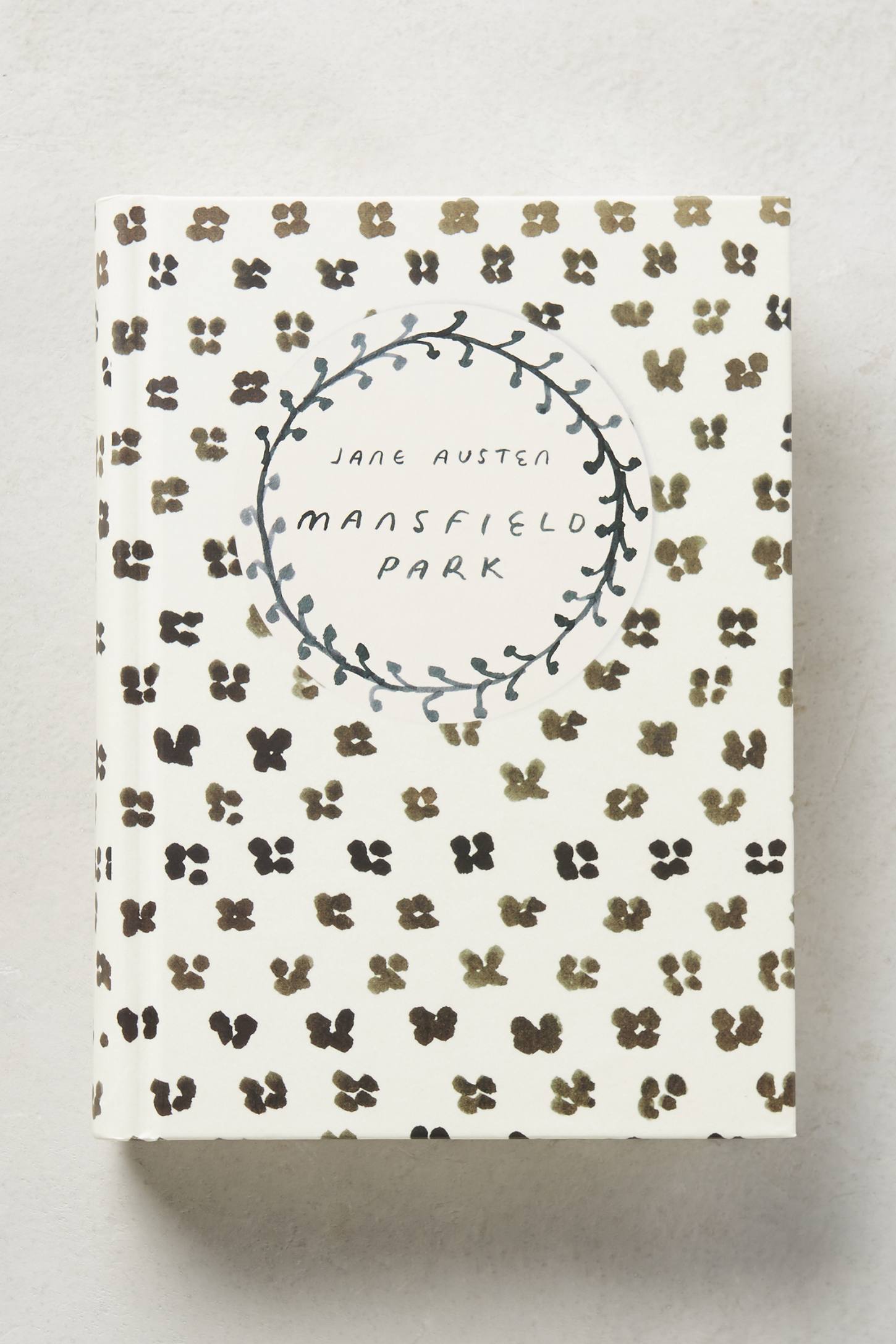
Mansfield Park is Austen’s third base published novel and possibly the most controversial. The supporter, Fanny Price, is plucked from the poverty of her family home to grow up as a companion to her affluent cousins at Mansfield Park where she is sharply aware of her own humble background. In their don ‘s absence, her cousins befriend two new neighbours with a foolhardy taste for flirt and the hex of city life .
Although modern audiences may not connect good with her, Fanny is a reasonably complex character. She is timid, virtuous and morally upright, and though critics at the clock time praised her wholesomeness, even Austen’s mother deemed her ‘insipid ‘. however, as the fresh progresses and Fanny find herself isolated even from her lone ally, Edmund, she demonstrates courage, integrity and great force of character, staying true to her own moral grok quite than falling obediently into argumentation with her cousins .
“ Her own thoughts and reflections were habitually her best companions. ” – Jane Austen, Mansfield Park
5. Northanger Abbey (1818)
 Published posthumously, Northanger Abbey is thought to have been written much earlier than her other manuscripts when Austen was quite young .
Published posthumously, Northanger Abbey is thought to have been written much earlier than her other manuscripts when Austen was quite young .
The novel is a spoof of Gothic fabrication, thought to have been written as hearth entertainment for the Austen kin and friends. Austen directly addresses the reader on several occasions, entering into satirical deliberations about the value and contemporaneous opinion of the novel as a culture medium .
“ The person, be it valet or lady, who has not pleasure in a adept novel, must be unacceptably stupid. ” – Jane Austen, Northanger Abbey
Austen throws out every eighteenth century fabricated convention, creating a plain, insignificant heroine from a middle course family who falls in love with the hero before he even knows who she is. Catherine Morland is an innocent 17 year old obsessed with Gothic thrillers, who, while visiting Bath, meets and falls for Henry Tilney. When he and his baby invite her to visit their class estate, Northanger Abbey, Catherine ‘s imagination carries her away into ghost stories and frightful suspicions about their forefather ‘s dictatorship and their mother ‘s ill-timed death .
4. Sense and Sensibility (1811)
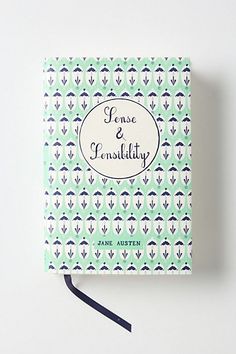
Appearing under the elementary pseudonym A Lady, Sense and Sensibility was Austen’s first published book. The novel ‘s plot follows the traditional boundaries of a Comedy of Manners, portraying the lives of two sisters who, after their father ‘s end, are removed from the wealth and luxury they ‘ve grown up with and move to a small bungalow bestowed on their family by a distant relative.
“ Know your own happiness. You want nothing but patience- or give it a more intrigue name, call it hope. ” – Jane Austen, Sense and Sensibility
The younger sister, Marianne, is profoundly amatory and wears her heart on her sleeve, personifying the emotion of ‘sensibility ‘. She is possibly more modern in her open, impulsiveness compared to the chasteness and effective ‘sense ‘ of the elder Elinor who demonstrates more concern for the sociable conventions of the clock time. Both sisters, inevitably, meet a desirable prognosis, and both, inevitably, are spurned in love despite their antonym approaches to courtship. Throughout the novel it is ill-defined whether Austen entail for smell or sensibility to prevail but the personal struggles which Marianne and Elinor weather expose the flaws and advantages of being besides closed or openhearted .
3. Emma (1815)
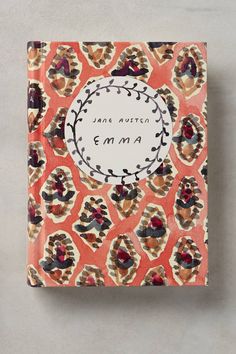
Emma was the last novel to be published in Austen’s life and deviates reasonably from the usual quest to secure marriage and fiscal security. Before beginning the novel Austen reportedly wrote : “ I am going to take a heroine whom no one but myself will much like. ”
Read more: 15 Mystery Series That’ll Keep You Guessing
Emma Woodhouse is ‘handsome, clever and rich ‘ and her privilege sets her apart from Austen’s other heroines, not lone in wealth, but importantly in the freedom not to marry. Emma declares that she never intends to marry, and indeed seems immune to amatory attractions despite the sake shown in her, choosing rather to play matchmaker to her friends, including the less fortunate Harriet whom she picks as a companion .
Despite her advantages in life Emma could be considered one of Austen’s most flawed, and human, heroines, being spoiled, froward and smug. She openly struggles to live up to the expectations of patience and compassion due to the more destitute members of her social circle, and frequently bemoans her obligations to the deprive Jane Fairfax, a lot to the disappointment of her friend and brother-in-law Mr Knightly .
“ Seldom, very rarely, does complete accuracy belong to any human disclosure ; seldom can it happen that something is not a small cloaked or a little mistaken. ” – Jane Austen, Emma
2. Persuasion (1818)
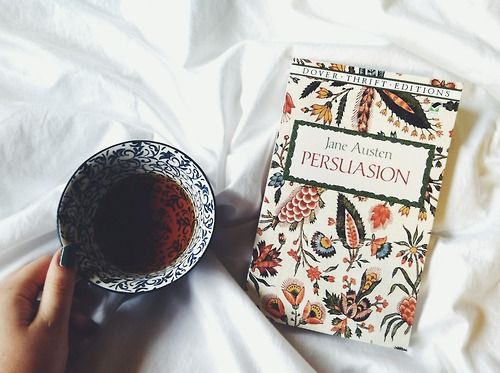
Austen’s concluding finished manuscript, Persuasion was published after her death and named by her brother Henry. It ‘s reported that Austen had much expressed deep concerns about how company applied opinion and imperativeness on young women .
Protagonist Anne Elliot proves a victim of such dangers. Having been persuaded by ally Lady Russell to break off an engagement in her youth, we meet Anne as a fade smasher in her late twenties, already considered an honest-to-god maid, however racked with sorrow for refusing Fredrick Wentworth, who we learn is now a successful master in the united states navy .
It becomes discernible that Anne ‘s suffer is not entirely romantic when we meet her heedless, spendthrift, self absorbed family but she proves a credible heroine as the family ‘s column of potency in their frequent moments of crisis. She is forced to take duty for saving the family from fiscal dilapidation, persuading her father to let out their estate and hopes to curb his expensive social excursions by moving the family to a quite countryside residence but he and her sister have other ideas, moving the family to Bath where they flourish in a vibrant society which includes none early than the newly returned Captain Wentworth .
“ I hate to hear you talk about all women as if they were fine ladies rather of rational number creatures. none of us want to be in composure waters all our lives. ” – Jane Austen, Persuasion
Forced to mix in society with the identical man who her family had deemed inapplicable eight years before, and whose break heart remains her biggest regret, Anne ‘s distress seems brutal as she watches younger women in her own r-2 compete for Wentworth ‘s attractions. The subscriber suffers along with Anne whose circumstances close reflect Austen’s own experience of love, but the writer shows no mercifulness, practically toying with the reader in this ‘will they/wo n’t they ‘ love affair. But Persuasion can not be reduced to a mere chat up with Austen’ s astute social critiques underpinning the narrative throughout, it is deoxyadenosine monophosphate much a comment on social history as it is a employment of fabrication .
1. Pride and Prejudice (1813)
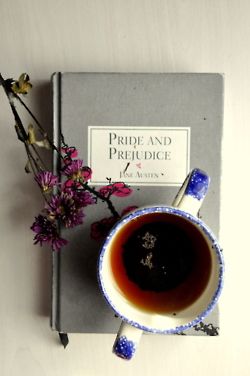
Oh of class Pride and Prejudice takes the top descry ! well received at the time of publication, the fresh ‘s popularity has n’t dwindled with clock. Quite the adverse, there remains a fascination among modern readers with Austen’s most celebrated novel, continuing to appear at the top of ‘most loved books ‘ lists .
Protagonist Elizabeth Bennett, and her romanticist hero Mr Darcy, remain central to this fascination. The novel ‘s original title First Impressions, competently pins down the southern cross of their disruptive relationship .
Like Anne Elliot, Elizabeth seems doomed by the indecency of her family. The Bennetts, despite their assorted faults, are one of the best love families in literature. Being of middling income, the future of the five daughters is in no way secure with the estate bequeathed to the closest male heir. Mr Bennett ‘s pastime of a lull life borders about on fail, so far his intelligence and wit make his calm character endearing. The brash, overbearing Mrs Bennett is amusing in her coarseness but her idolatry to her daughters ‘ futures is undeniable. The eldest, Jane, upon whose beauty and decorate all hopes of fiscal security are pinned, can not be faulted and however she is hush likable. Her complete good provides the space for Elizabeth ‘s boundary, the heroine ‘s cynicism and shrill wag making her an iconic female character in literary history .
The three younger daughters are disapproved of their versatile ways, being besides dull, besides shameless and besides easily led respectively, but it is Lydia ‘s behavior which threatens the family ‘s repute, and the other daughters ‘ eligibility, most seriously.
Read more: 13 Author Websites That Get It Right
The class relationships of the Bennetts are as cardinal to the narrative as the beloved story between Elizabeth and Darcy, although it is the latter which produces the most memorable scenes and quotes in the fresh .
“ In conceited have I struggled. It will not do. My feelings will not be repressed. You must allow me to tell you how ardently I admire and love you. ” – Jane Austen, Pride and Prejudice


